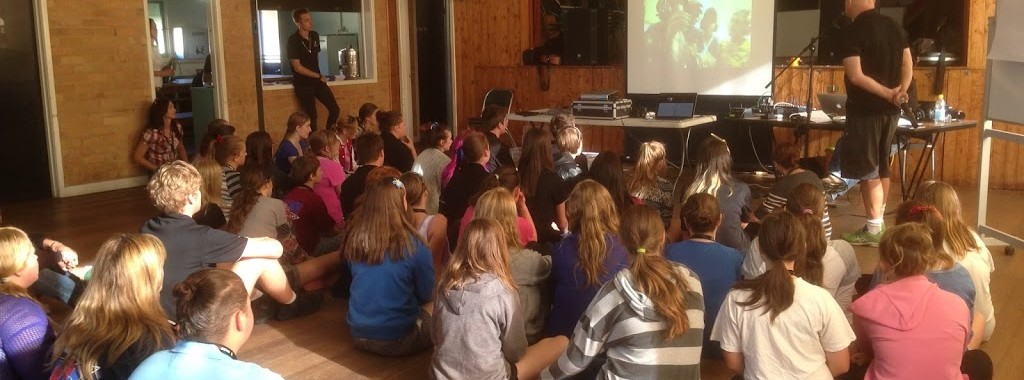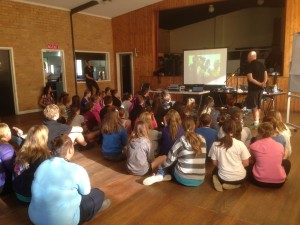Last week we spoke about the need for youth workers in the education system to have good relationships. This week we look at the need for a good understanding of theory…youth work and educational.
In youth work we study youth development, theories of participation and many others that help us to work with young people in every situation we find ourselves in. Our theories often focus on the strengths of our young people to overcome the adversities they face. We develop our working styles around the strengths of our young people to provide a solid foundation to build relationship and work towards the future. Teachers also use their theory base to work on developing young people.
One of the most common theories that teachers use is called scaffolding. Scaffolding was developed by Russian Psychologist Lev Vygotsky in the early years of last century. Vygotsky believed that all understanding is built on the previous learnings of a person. That a process must be undertaken to build new knowledge on top of old knowledge in the same way we build a scaffold. Vygotsky also believed in the Zone of Proximal Development. A space between what a young person can do by themselves and what they could do with the help of an adult. These two theories have permeated educational systems throughout the world for over forty years.
Another theorist who has permeated the education system is Ivan Ilich, an Austrian philosopher, Roman Catholic priest, and social commentator on areas such as medicine and education. In 1971 his book “Deschooling Society” gave a radical slap in the face to institutional education and how it has has limited the learnings of young people in society. Instead he posits self-directed learning as a better option.
A number of other theories permeate the education system and depending on where in the world you are will depend on the theory that is at the forefront of educational practice. Using the relationships you have made ask a teacher or principal to give you an overview of the theoretical approaches that they use. If you have an understanding of the theories which underpin their work then you can work with them to develop a model of practice in their school which works for both parties.
What theories do your schools use?
If you haven’t yet, sign up for our newsletter to find out all the goings on at Ultimate Youth Worker. (Sign up here)
You can also leave us a comment below or post a comment on facebook and twitter.

